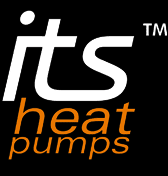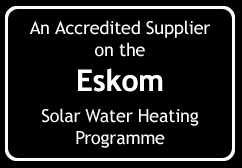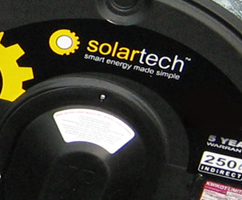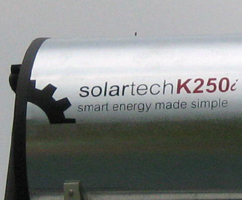

April 15th 2011 Eskom will reduce its rebates on solar water heaters at the end of April, the power utility said on Friday.
?A year ago, the rebate was doubled to stimulate demand for solar geysers, but we said at the time that we would reduce them back to the regulatory benchmark, which is what we have now done,? the power utility told Sapa. It said that in the past year, about 60,000 solar geysers had been installed, saving about 16 megawatts of power.From April 29, ?the average rebate value currently offered per system category will become the maximum rebate value?.?Current rebate values lower than the new maximum value will remain at their current level. This applies to both low pressure and high pressure solar water heaters.?Eskom last year effectively doubled its subsidy rate for solar water heaters from about an average of R3000 a system, to R6000.Eskom said the reduction in rebates would not have much of an impact.?Locally produced, reasonably-priced systems should hardly be affected by the change in the rebate.?Consultancy Frost & Sullivan said the move could seem ?counterintuitive?, as rebates were introduced to help grow the solar water heater market to one million units installed by 2014.?Forecasts reveal that even the best-case scenario for the solar water heater market through the Eskom rebate programme mechanism would result in the installation of slightly more than half a million units by 2014,? Frost and Sullivan energy and power research analyst Dominic Goncalves said in a statement.Eskom had said the rebate programme had served its purpose in stimulating the market, and now it needed to use a different tactic.Goncalves recommended that it would be better to make solar water heaters compulsory in new buildings.?International research has shown that the best method for driving sustainable growth of the solar water heater market is to make solar water heaters mandatory in new building code regulations.?The department of trade and industry had said last year that new building codes would require that at least half of the hot water came from efficient water heating methods - either a solar water heater, or a heat pump.?For successful, sustainable development of the South African solar water heater industry, the focus now needs to be shifted from rebates as the primary market mechanism, to mandatory building codes,? said Goncalves.Hot water consumption accounted for almost 40 percent of a domestic utility bill, and 18 percent of the nation?s total electricity usage, he added.In January this year, economic development department deputy director-general for electricity, nuclear and clean energy, Ompie Aphane, said there was a ?lot of collusion between the different players? in the solar water industry on prices.He told a parliamentary economic development select committee that when Eskom had increased its solar water rebate last year, suppliers and distributors of solar water heating systems had increased their prices too.Aphane said the current high cost of solar water heaters was among the reasons for the slow roll-out of such systems across the country.Responding to questions later in the briefing, Aphane said he was not in a position to ?categorically? state collusion was taking place.He said there were currently an estimated 12 million households in South Africa. Government aimed to see between five and seven million of them fitted with solar heaters by 2019.Source: SAPA ; http://www.iol.co.za |




